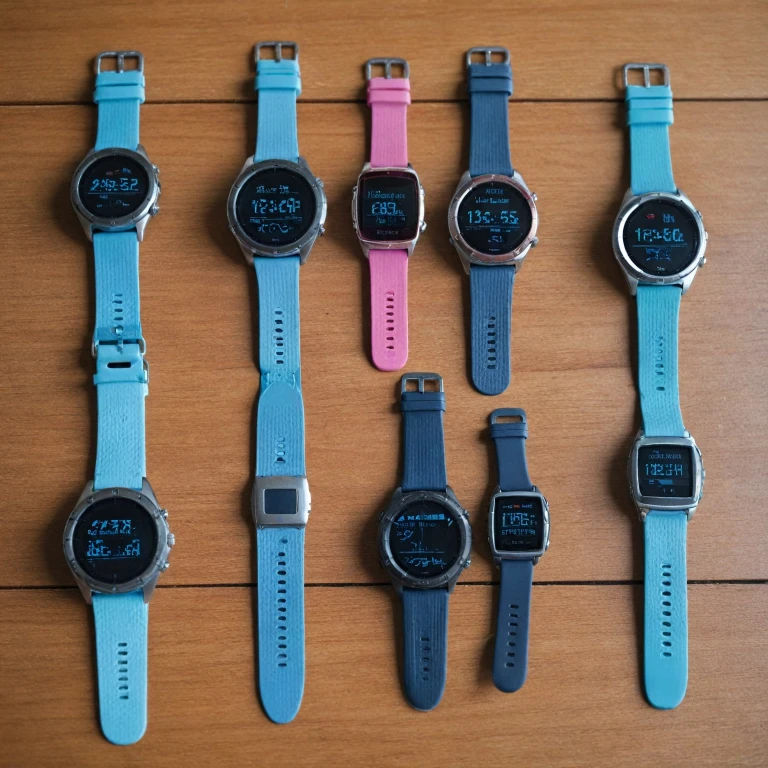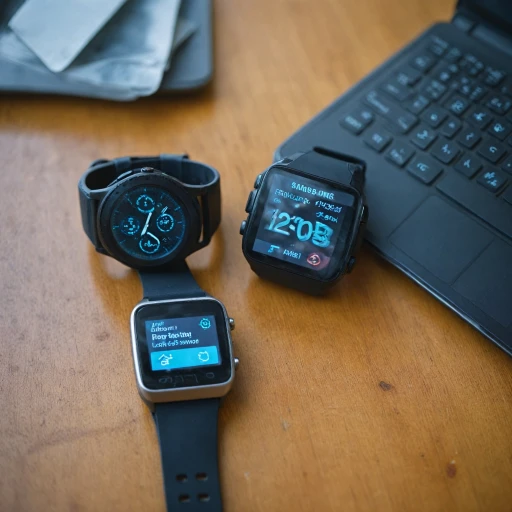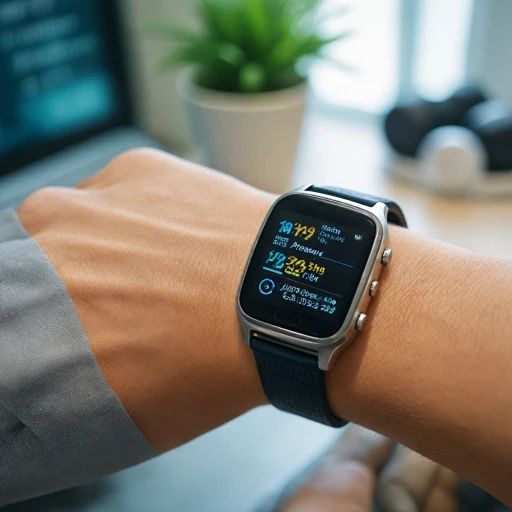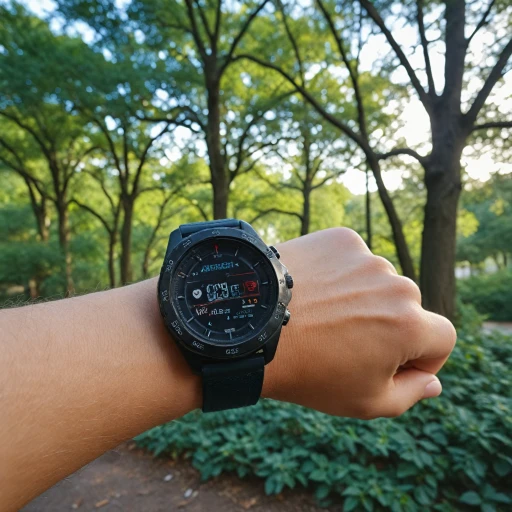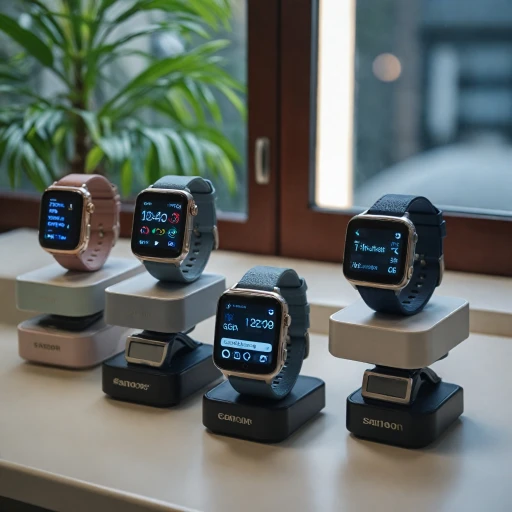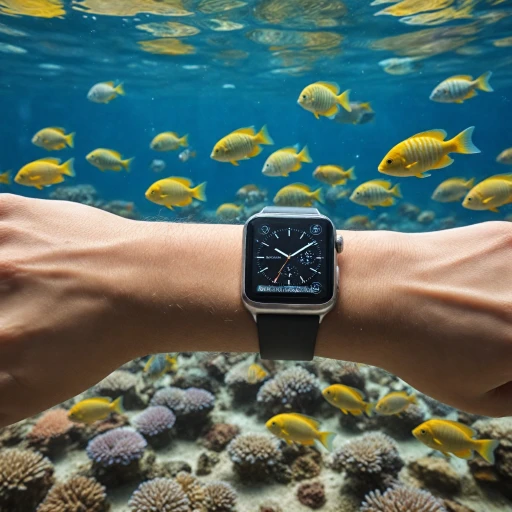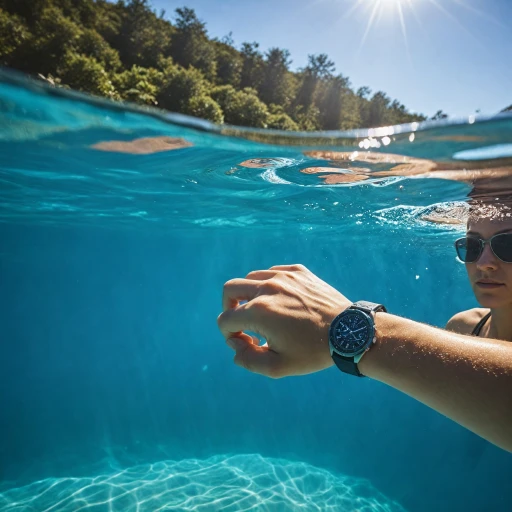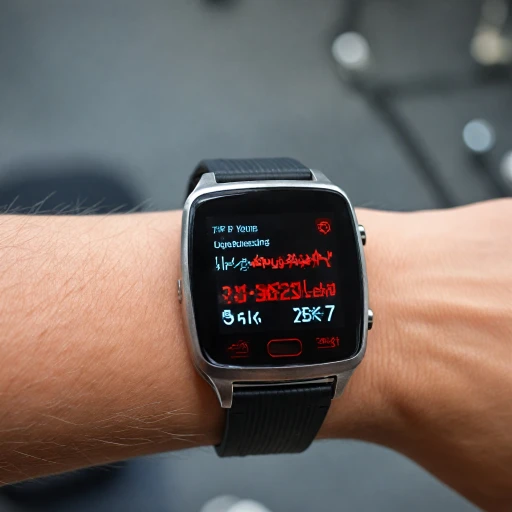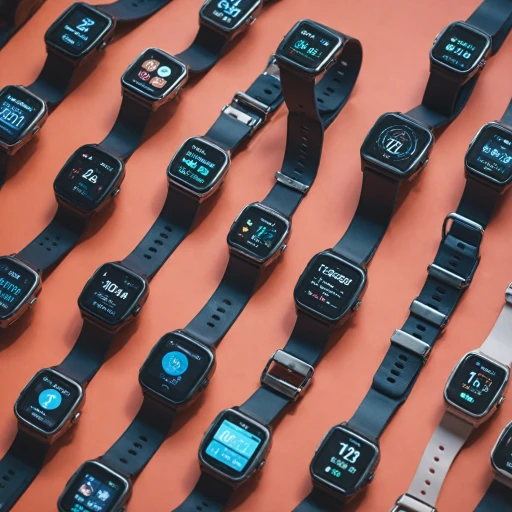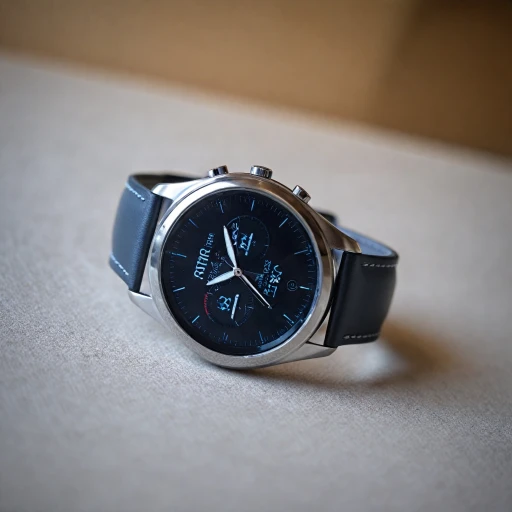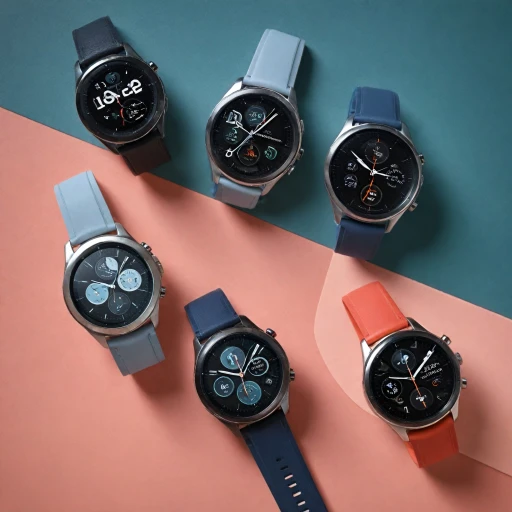
Understanding Heart Rate Monitor Technology
The Basics of Heart Rate Technology
Heart rate monitor technology has evolved significantly over the years, offering innovative solutions for those interested in tracking their fitness and health. At its core, heart rate monitoring relies on sensors to detect heartbeats per minute, a crucial metric for gauging physical exertion and overall health. Various methods are used in heart rate monitoring, with optical and electrical technologies being prevalent in modern devices.
Optical vs. Chest Strap Monitors
Optical heart rate monitors, commonly found in smartwatches like the Apple Watch or the Samsung Galaxy Watch series, use light sensors to capture blood flow under the skin. This approach provides continuous, convenient monitoring without the need for an external device.
However, for those demanding high precision, chest strap monitors are often preferred. These devices, worn around the chest, use electrical signals to measure heartbeats, offering superior accuracy. They are particularly favored by serious athletes and are included in some Garmin HRM series.
Innovative Features in Modern Devices
Today's heart rate monitors come packed with features that elevate their functionality beyond simple heart tracking. From sleep monitoring to training insights, these devices offer a comprehensive look into one's health. For instance, recent models from brands like Polar and Garmin deliver detailed training data, while some also provide features to detect conditions like atrial fibrillation.
Battery life is another key consideration. Fitness trackers from brands like Fitbit ensure that users can rely on their devices for extended periods without frequent recharging. Furthermore, fitness enthusiasts often look for devices that offer additional health insights, such as ECG readings, found in select Apple and Best Fitness models.
The Importance of Accurate Data
Reliable data is crucial for making informed health and fitness decisions. Rate monitors, with their advanced sensors, help users maintain a healthy lifestyle by tracking resting heart rates, alerting users during intense training, and even interpreting sleep patterns. Such comprehensive tracking aids in training for marathons or understanding one's overall wellness better.
When considering the best heart rate monitor watch, factors such as ease of integrations, compatibility, and the type of data required should be evaluated. Each brand may offer unique advantages, and understanding the specifics of heart rate technology is essential for making the right choice. For those interested in broader health tracking, some smartwatches now include blood pressure monitors, expanding the scope of health metrics accessible from a single device.
Key Features of Top-Rated Heart Rate Monitor Watches
Redefining the Measure of Your Cardiac Health
When seeking the best heart rate monitor watch, understanding the key features that top-rated models offer is crucial. Heart rate monitoring technology has evolved remarkably, allowing users to track and monitor their cardiovascular health with greater precision. Let’s delve into the notable features that distinguish these exceptional devices.
Chest Straps and Optical Sensors
One of the fundamental features of heart rate monitor watches is the type of sensor used. Many prefer the precision of chest straps, like the Garmin HRM, known for its accuracy during intense workouts. Chest straps provide constant contact with the skin, thus ensuring consistent rate monitoring. On the other hand, wrist-based optical sensors, such as those found in the Apple Watch and Samsung Galaxy Watch, offer convenience and ease for daily wear. These are ideal for day-to-day health tracking and monitoring activities.
ECG Functionality
Fitness trackers these days often come equipped with ECG functionality, a vital feature for anyone monitoring specific conditions like atrial fibrillation. This technology, available in devices like the Apple Watch series, enables users to obtain an electrocardiogram right from their wrist, providing critical insights into their cardiac health.
Battery Life and Durability
Battery life is a significant consideration for many when choosing the best device. Whether you're using a fitness tracker or a comprehensive heart rate monitor, the battery life should support your lifestyle, from training sessions to sleep tracking. Devices like the Samsung Galaxy Watch promise durability with their extended battery life, often lasting several life days on a single charge.
Comprehensive Health Tracking
Top-tier heart rate monitor watches not only track your heart rate but also offer features for broader health tracking, such as sleep tracking, GPS functionality, and even integration with fitness apps. Options like Polar and Garmin provide extensive data analysis, which can be integral to anyone focused on improving their health and fitness levels.
Understanding the importance of these features can significantly impact your decision when selecting a device. As you compare options, bear in mind factors like battery longevity, health tracking capabilities, and the monitoring technology itself. For further insights, consider exploring more on understanding the importance of fall detection in smartwatches, ensuring you select a device that truly meets your health and fitness needs.
Benefits of Using a Heart Rate Monitor Watch
Enhancing Your Performance and Health
The integration of heart rate monitors into fitness trackers and smartwatches brings numerous advantages. As fitness enthusiasts and health-conscious individuals increasingly look for ways to better track their health, heart rate monitor watches offer a compelling solution.- Workout Efficiency: Monitoring your heart rate during exercise ensures you're training in the right zone, optimizing workout efficiency and enabling target-setting for fitness goals. With devices like Garmin HRM or Polar fitness trackers, athletes can fine-tune their pace to avoid overexertion and maximize performance.
- Comprehensive Health Insights: Beyond exercise, these watches can track heart rhythms, aiding in the early detection of conditions like atrial fibrillation. Advanced models, including the best fitness trackers from Samsung Galaxy and Apple Watch Series, offer ECG capabilities, which provide users with further insight into their cardiac health.
- Round-the-Clock Monitoring: Continuous heart rate monitoring assists in understanding your resting heart rate, an important metric for overall wellness. This data can be crucial for those looking to manage stress and monitor sleep patterns, contributing to a holistic view of one's health.
- Data and Connectivity: The ability to sync your watch with apps via Fitbit, Apple Health, or Garmin Connect brings all data to one place, offering more precise insights and trend tracking over time. If you're experiencing issues, this article on syncing might prove helpful.
- Durable and Reliable Performance: Longevity in battery life ensures that heart rate monitors from brands like Polar and Garmin function effectively during prolonged activities, such as marathons or long training sessions. Models with features such as a chest strap, like the Garmin HRM, offer higher accuracy in data, especially valuable to professional athletes.
Comparing Popular Heart Rate Monitor Watches
Evaluating Popular Heart Rate Monitor Watches
When it comes to choosing a heart rate monitor watch, a few brands continuously appear as the leading options due to their advanced features and reliable performance. Here's a comparative analysis of some of the most esteemed brands in this technology space:- Apple Watch Series: Known for its comprehensive health monitoring capabilities, the Apple Watch is a top choice. Beyond tracking heart rate, it offers ECG functionality, sleep tracking, and alerts for irregular heart rates which could indicate atrial fibrillation. Its design emphasizes easy integration into daily life and seamless connectivity with Apple devices.
- Garmin Fitness Watches: Favored by serious athletes, Garmin's offerings like the Garmin HRM series emphasize detailed fitness metrics and robust built quality. These watches are notable for their long battery life and accuracy in heart rate data, making them ideal for extensive training sessions.
- Polar Heart Rate Monitors: Polar combines tradition with innovation, offering both wrist-based and chest strap monitors. They are praised for precise heart rate data, critical for serious fitness enthusiasts. Models like the Polar Vantage series provide comprehensive data analysis, crucial for fine-tuning training regimens.
- Samsung Galaxy Watch: These watches provide excellent value with their balance of fitness tracking features and stylish design. They offer heart rate monitoring along with other health tracking capabilities and maintain good battery life. The integration with Samsung health tools makes it a competitive choice for Android users.
Choosing the Right Heart Rate Monitor Watch for You
Tailoring Your Choice of Heart Rate Monitor Watch
When selecting the most suitable heart rate monitor watch for your needs, it’s crucial to consider various factors that align with your personal goals and lifestyle. In today's market, you have a wide selection ranging from fitness trackers to sophisticated smartwatches, but what should you prioritize? Here's a breakdown to guide you:- Activity Level and Goals: If you’re a fitness enthusiast aiming for precise data during intense training sessions, models like the Polar and Garmin HRM are top picks due to their advanced tracking capabilities and high accuracy with optional chest straps for improved monitoring. For casual users focused on overall health, the Apple Watch or Samsung Galaxy Watch offer comprehensive features that include heart monitoring and sleep tracking.
- Budget Considerations: Price can vary significantly, from affordable fitness trackers to high-end smartwatches with numerous features. Evaluating the cost-to-feature ratio can help you find the best value based on your specific needs.
- Battery Life: If maintaining your watch’s charge is a priority, consider models with extended battery life, as some watches offer usage that spans several days. Fitness trackers generally last longer than full-featured smartwatches, which may require more frequent charging.
- Health Features: Many watches come equipped with health-tracking functionalities like ECG monitoring for atrial fibrillation detection, resting heart rate assessment, and more, making them valuable for those prioritizing heart health.

